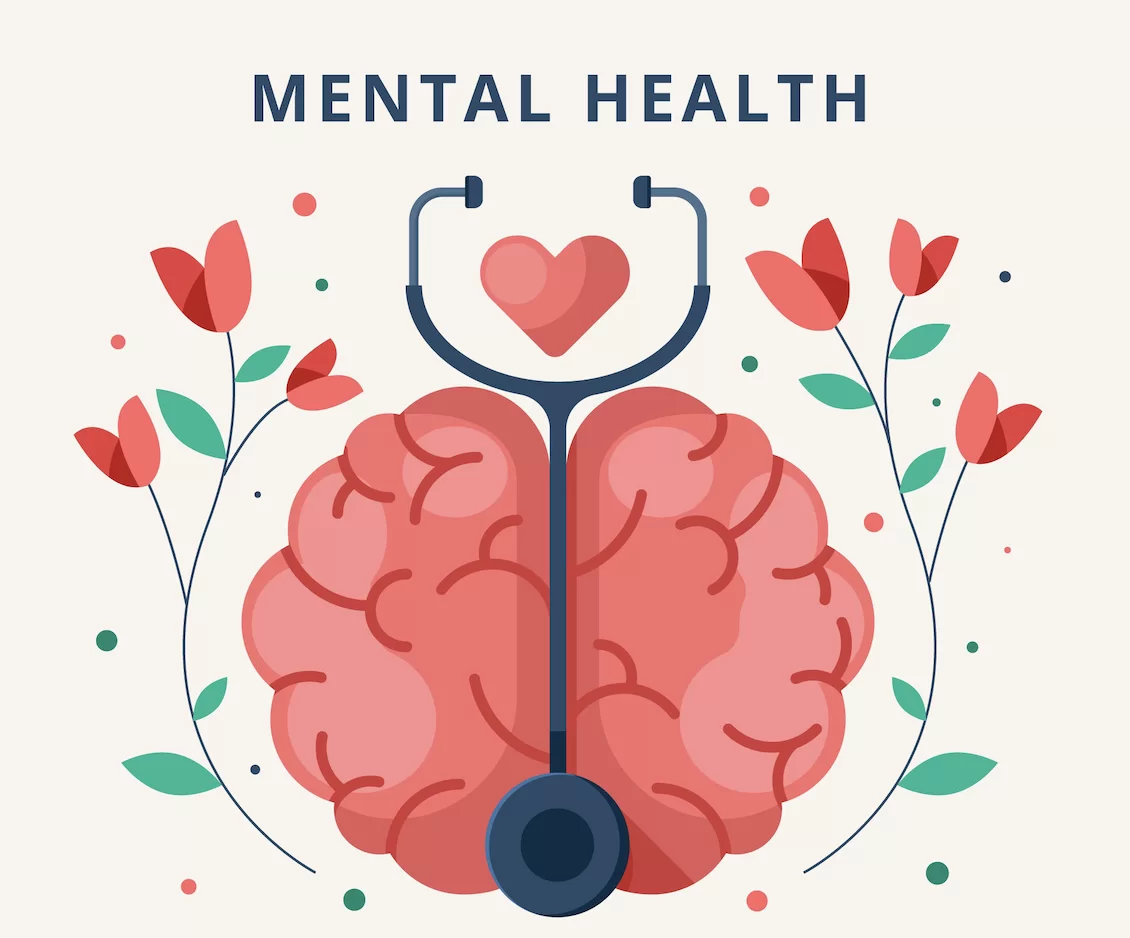Introduction
In a world filled with unpredictability and constant change, maintaining mental health stability can be challenging. One effective strategy to promote mental well-being is the establishment and maintenance of a daily routine. Routine provides structure, predictability, and a sense of control, all of which are essential for mental health stability. This article explores the benefits of having a routine and offers practical tips for incorporating routine into daily life to enhance mental health.
The Benefits of Routine for Mental Health
Reducing Stress and Anxiety
A well-structured routine can significantly reduce stress and anxiety by providing a predictable framework for daily activities. When individuals know what to expect, they can better manage their time and energy, reducing the uncertainty and chaos that often contribute to stress and anxiety. Regular routines can also help individuals anticipate and prepare for challenges, further reducing anxiety.
Enhancing Sleep Quality
Sleep is a critical component of mental health. A consistent daily routine, particularly a regular sleep schedule, can improve sleep quality. Going to bed and waking up at the same time each day helps regulate the body's internal clock, making it easier to fall asleep and wake up feeling refreshed. Improved sleep quality can lead to better mood, increased energy levels, and enhanced cognitive function.
Promoting Healthy Habits
Routines can help individuals incorporate and maintain healthy habits. By scheduling time for activities such as exercise, healthy eating, and relaxation, individuals are more likely to engage in these behaviors consistently. Regular physical activity, nutritious meals, and relaxation practices like meditation can all contribute to better mental health.
Improving Focus and Productivity
A routine can enhance focus and productivity by creating a structured environment that minimizes distractions and promotes efficient time management. When individuals have a clear plan for their day, they can allocate time to important tasks, set priorities, and avoid procrastination. This can lead to a sense of accomplishment and reduced feelings of overwhelm.
Building Resilience
Having a routine can build resilience by providing stability during times of change or crisis. Routines offer a sense of normalcy and continuity, which can be comforting and grounding. During stressful periods, sticking to a routine can help individuals maintain a sense of control and reduce the impact of external stressors on their mental health.
Practical Tips for Establishing a Routine
Start Small and Be Realistic
When creating a routine, it is important to start small and set realistic goals. Begin by incorporating a few key activities into your daily schedule, such as regular mealtimes, exercise, and sleep. Gradually add more activities as you become comfortable with your routine. Setting achievable goals can prevent feelings of overwhelm and increase the likelihood of sticking to the routine.
Prioritize Consistency
Consistency is key to the effectiveness of a routine. Try to perform activities at the same time each day, even on weekends. This consistency helps reinforce habits and makes it easier to maintain the routine over time. Consistent routines are particularly important for activities that impact your internal body clock, such as sleep and meals.
Include Self-Care Activities
Incorporate self-care activities into your routine to support your mental health. Self-care can include activities like reading, taking a walk, practicing mindfulness, or engaging in a hobby. These activities provide an opportunity to relax and recharge, reducing stress and promoting overall well-being.
Be Flexible and Adaptable
While consistency is important, it is also essential to be flexible and adaptable. Life is unpredictable, and there will be times when your routine is disrupted. Rather than feeling discouraged, view these disruptions as opportunities to practice flexibility. Adjust your routine as needed and get back on track as soon as possible.
Set Boundaries
Establish boundaries to protect your routine and prevent burnout. This can include setting limits on work hours, creating a designated workspace, and taking regular breaks. Setting boundaries helps create a clear separation between work and personal time, reducing stress and promoting a healthy work-life balance.
The Role of Routine in Managing Mental Health Conditions
Routine and Depression
For individuals with depression, a routine can provide structure and purpose, helping to combat feelings of hopelessness and apathy. Engaging in regular activities, even simple ones like getting out of bed and dressing, can create a sense of achievement and improve mood. A consistent routine can also help regulate sleep patterns and promote healthy eating habits, both of which are crucial for managing depression.
Routine and Anxiety
For those with anxiety, a routine can provide a sense of control and predictability, reducing feelings of uncertainty and worry. Structured daily activities can help individuals manage their time effectively and prevent the buildup of stress. Routine can also include relaxation techniques such as deep breathing, yoga, or meditation, which can help reduce anxiety symptoms.
Routine and Bipolar Disorder
Individuals with bipolar disorder can benefit from a routine that helps stabilize mood and prevent episodes of mania or depression. Regular sleep patterns, scheduled meals, and consistent daily activities can help regulate mood swings and provide a sense of stability. Routine can also include medication management, ensuring that individuals take their medication consistently.
Conclusion
Establishing and maintaining a routine is a powerful tool for promoting mental health stability. Routine provides structure, reduces stress and anxiety, enhances sleep quality, promotes healthy habits, improves focus and productivity, and builds resilience. By starting small, prioritizing consistency, including self-care activities, being flexible, and setting boundaries, individuals can create a routine that supports their mental well-being. For those with mental health conditions, a routine can provide additional benefits by offering structure and stability. Embracing the power of routine can lead to improved mental health and a more balanced, fulfilling life.



